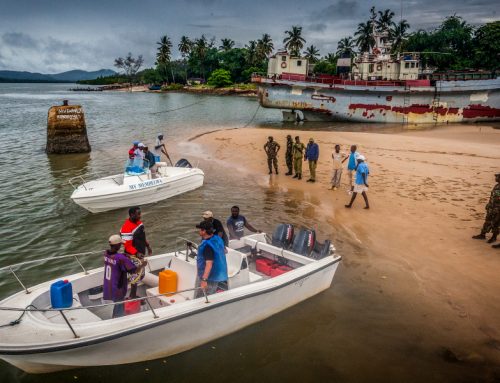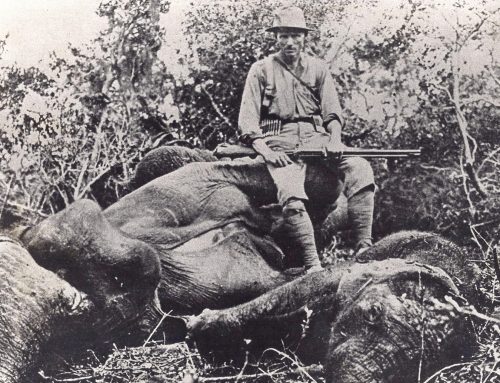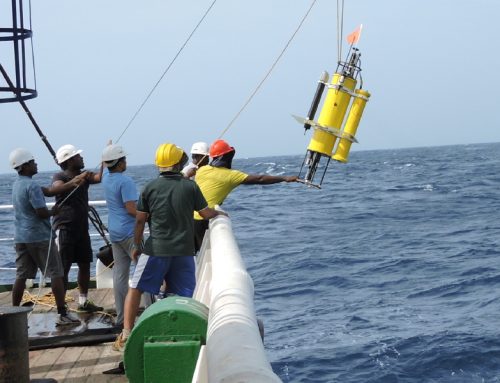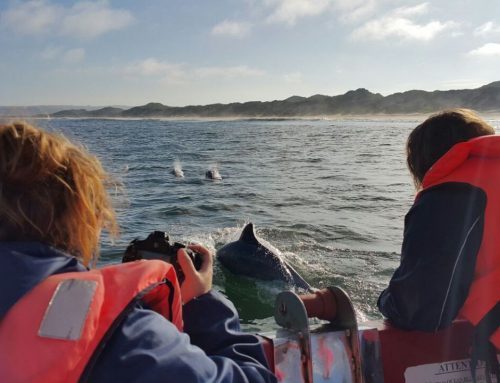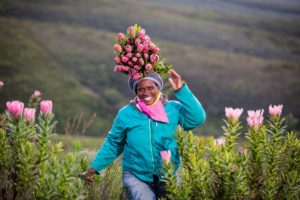 A plant with perfectly shaped silver-green baubles, called silver brunia, that is endemic to South Africa’s Cape Floral Kingdom has been dubbed ‘white gold’ because of its escalating market demand in the East.
A plant with perfectly shaped silver-green baubles, called silver brunia, that is endemic to South Africa’s Cape Floral Kingdom has been dubbed ‘white gold’ because of its escalating market demand in the East.
This plant is focusing attention on the more than 9 000 indigenous plant species in the Cape Floral Kingdom. Broadly known as fynbos, many species have been exported for decades but certain species, such as the king protea, protea compacta and silver brunia, are currently trending in Europe, Asia, Russia and other international markets. They have unusual aesthetic appeal and they last far longer than non-fynbos flowers.
The Cape Floral Kingdom, also known as the Cape Floristic Region (CFR) covers an area of 90 000 km², mainly in the Western Cape, but also in parts of the Eastern Cape, as far as Port Elizabeth. Of the 9 000 species, 6 000 are endemic to the CFR, which holds the title of being the smallest, richest floral kingdom in the world – surpassing many tropical forest regions in its floral diversity.
Cape Flora South Africa statistics indicate that in 2016/17 approximately 1,7 million stems of silver brunia (Brunia laevis) were exported. Silver brunia is included in the mixed green stems category used to make up fynbos bouquets. The number of mixed greens exported in the 2015/16 period was 12 056 597, and in the 2016/17 period it was 13 177 667 – a 9% increase. Silver brunia is the second most harvested species in the wild in the mixed greens category. The most harvested is Geraldton Wax, which is not an indigenous fynbos species.
‘A species in demand like silver brunia, which is wild-harvested in the Overberg region, highlights the importance of sustainably managing this industry, supporting research and monitoring to understand the impact of harvesting fynbos species, and working to control the poaching of species in high demand,’ says Roger Bailey, the Conservation Director of a non-governmental organisation called the Flower Valley Conservation Trust. The trust was founded in 1999 and is based in Flower Valley Farm, just outside Gansbaai.
To manage the fynbos industry sustainably the Flower Valley Conservation Trust launched the Sustainable Harvesting Programme for fynbos in 2003. The trust’s highly committed team of about 15 people partners with farmers, harvesters, communities, and government and conservation organisations, and is doing outstanding work. Included in the trust’s focus is environmental, social and labour compliance, at both the harvester and pack shed level. CapeNature, a government organisation responsible for biodiversity conservation in the Western Cape, is a major partner in the programme.
The programme’s Code of Best Practice for Wild Harvesters sets out how harvesters should pick fynbos to conserve the plant and surrounding vegetation. The stem should be cut at a certain length, and at a 45-degree angle. It is also vital to leave seed stock in the veld, ie only a certain number of flower heads should be removed. In the case of silver brunia and a few other species, research has suggested that only 25% to 50% should be harvested each year.
The programme’s Vulnerability Index advises what should and should not be picked for the market. For example, Erica irregularis used to be harvested, but now may not be picked due to its endangered status on the South African National Biodiversity Institute’s (SANBI) Red List.
‘The Sustainable Harvesting Programme demonstrates that it is certainly possible to sustainably harvest fynbos in a commercially viable way, creating green businesses and decent, sustainable jobs for people living in the fynbos region,’ says Bailey.
Fynbos harvesters range from subsistence harvesters to commercial harvesting teams linked to pack houses or landowners. The programme is voluntary and is all about promoting the green economy and increasing the number of biodiversity stewards on private land.
To support the programme’s work and its expansion drive the Nedbank Green Affinity Programme via the WWF Nedbank Green Trust committed three years of funding, starting in 2015. The funding includes the salary of Conservation Extension and Applied Research Coordinator, Kirsten Retief, who has a Master’s degree in Conservation Biology from the University of Cape Town.
Retief worked as a research assistant for SANBI and field officer for the Endangered Wildlife Trust (EWT) before joining the Flower Valley Conservation Trust in 2016. She closely collaborates with 18 harvesting teams over a 75 000 ha area to assist them in developing monitoring skills and in completing their management plans as part of compliance.
‘It’s essential to build trust with the harvesters over time as people don’t always readily share information or participate in research,’ she explains. ‘Through ongoing research, we can better understand many of the threats to fynbos. In addition to overharvesting, threats include invasive alien plants and poor land management.’
The programme’s focal area has been the 270 000 ha Agulhas Plain, a key harvesting area that includes private and state-owned land between Hermanus and the De Hoop Nature Reserve in the Western Cape. Additional fynbos harvesting areas where the trust works, include the Boland and around Riversdale.
There are close to 2 500 plant species in the Agulhas Plain of which approximately 100 are endemic, at least 110 are on the Red List and about 40 are unique vegetation types. Approximately 150 species from this region are harvested for the local and international flower trade.
In addition to the Sustainable Harvesting Programme, the Flower Valley Conservation Trust coordinates a major alien-clearing project across the Agulhas Plain, called the Agulhas Biodiversity Initiative (ABI) Alien Clearing Project. The project works across the Overberg to clear mainly pine, rooikrans, port jackson, myrtle and hakea.
The process to become a member of the Sustainable Harvesting Programme works as follows:
If farmers, landowners or fynbos harvesters are interested in joining the programme, they contact Flower Valley Conservation Trust. The trust’s extension staffmembers organise to visit the land or farm to undertake an initial field assessment and to better understand the needs of the farmer, landowner or fynbos harvester.
The programme is voluntary and, as such, the harvesters sign a statement of commitment, which would commit them to working towards best practice environmental, social and labour principles, as set out in the Flower Valley Code of Best Practice for Wild Harvesters.
Sustainability is something markets are increasingly asking of their suppliers, and this is the only programme that provides it in the fynbos industry. An improvement plan is provided to the farmers, landowners and harvesters to assist and offer support to them as they start the journey towards best practice principles and sustainability.
For more information go to www.flowervalley.org.za or visit their Facebook page: Flower Valley Conservation Trust.
